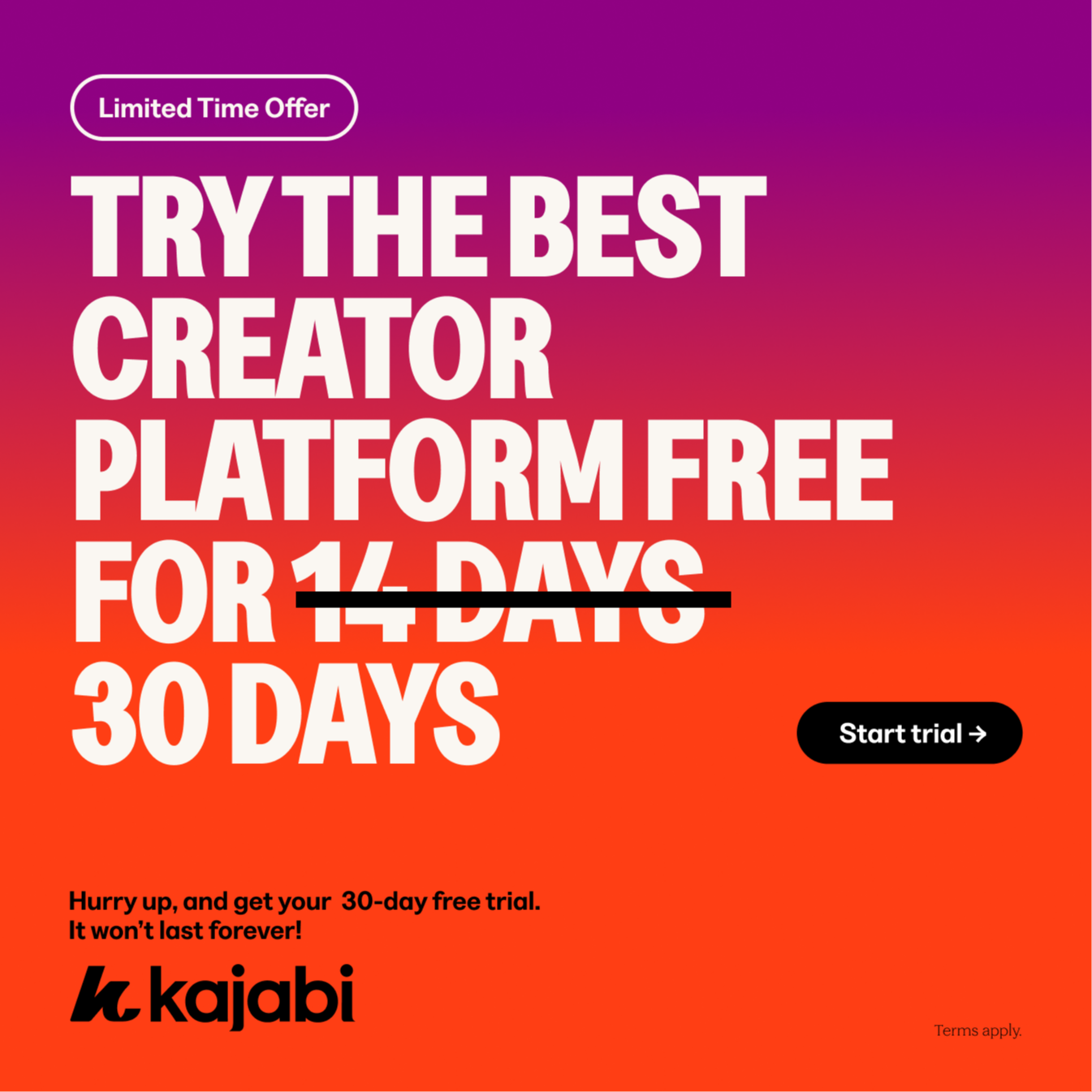From Zero to Hero: How to Skyrocket Your Online Course Sales

In this post we share with you the story of Gus and his experience of creating and selling his own online course and the actions he took to increase his sales after they took a dip.
The story is typical of many we hear when clients reach out to us and ask for help boosting their course sales. See if any part of his story resonates with you, and check the list of items to consider if your own sales are lagging behind your expectations and targets.
Gus is an entrepreneur passionate about sharing his knowledge of landscape photography with others. After gaining years of expertise in the field, he created an online course to teach people the secrets of landscape photography.
When he launched his course, he was thrilled with the response.
Sales were coming in beyond his expectations, and he was happy to see so many people interested in what he had to offer.
He had already done extensive validation, confirming a need and interest in his course offer. However, there's nothing like seeing sales roll in as the acid test!
Over the next few months, sales continued to come in, and Gus even started planning to expand the course and create additional offerings for his students.
However, as time passed, he noticed that sales began to slow down.
Despite trying different marketing strategies and lowering the price of the course, sales remained stagnant.
Naturally, as most of us would, he became frustrated and disappointed, wondering why his course was no longer attracting new customers.
We recommended he take a step back and thoroughly review all the key areas that could be affecting sales performance.
Then he'd be in a much better position to develop a strategy to move forward, increase sales and take advantage of anything else the review highlighted.
Here are the key areas his review covered and why each is relevant.
-
Market research: It is crucial to conduct market research to understand the target audience and their needs better. Identifying any changes in the market, emerging trends, or new competitors is essential.
-
Content quality: The course content must be high-quality and relevant to the target audience. Course creators should analyze the course content and identify any gaps or areas for improvement.
-
Course delivery: Course delivery should be engaging and interactive, keeping the learners' attention and encouraging them to complete the course. Course creators should assess the delivery format, course structure, and teaching methods.
-
Marketing strategy: A robust marketing strategy is essential to drive course sales. Course creators should review their marketing channels, messaging, and promotional tactics to identify what is working and what isn't.
-
Student feedback: Gathering feedback from students who have completed the course can help identify areas for improvement. Course creators should ask for feedback on the course's content, delivery, and overall experience.
-
Price point: The price point of the course can impact sales. Course creators should assess whether the current price point is competitive and whether it aligns with the perceived value of the course.
So after careful analysis, Gus realized that the market had become saturated with similar courses and needed to differentiate himself from his competitors. He adopted new marketing tactics, created additional content to add value to his course, and offered a monthly membership and a community area.
It took some perseverance and additional work, but Gus eventually revived his online course, attracting new students and regaining his initial excitement.
The lesson? Well, it taught Gus the importance of staying adaptable and continuing to innovate in the ever-changing world of online education.
Questions to Ask Your Self When Reviewing Your Own Course
- Market Research:
- Who is the target audience for the course?
- What changes have occurred in the market since the course was launched?
- Are there any emerging trends or new competitors that need to be considered?
- Content Quality:
- How is the course content structured?
- Is the content engaging and relevant to the target audience?
- Are there any gaps or areas for improvement in the course content?
- Course Delivery:
- How is the course delivered to students?
- Are the delivery methods and teaching techniques effective?
- Is the course structure optimal for student engagement?
- Marketing Strategy:
- What marketing channels are currently being used?
- Is the messaging resonating with the target audience?
- Are there any promotional tactics that could be added or improved upon?
- Student Feedback:
- Have feedback surveys been conducted with current and past students?
- What feedback has been received about the course content and delivery?
- What improvements have been made based on student feedback?
- Price Point:
- Is the current course price point competitive?
- Does the perceived value of the course align with the price point?
- Are there any opportunities to offer course discounts or special offers?
- Course Promotion:
- What promotional tactics have been used to promote the course?
- Which tactics have been most effective in driving course sales?
- Are there any untapped promotional channels that could be explored?
- Competitor Analysis:
- Who are the primary competitors in the market?
- What are they doing well that could be incorporated into the course?
- What sets the course apart from its competitors?
- Referral Programs:
- Is there a referral program in place for current students?
- How effective has the referral program been in driving new course sales?
- Are there any opportunities to improve the referral program?
- Course Updates:
- How often is the course content updated?
- What updates have been made to the course content since it was launched?
- Are there any additional updates that need to be made to the course content?
Tips for Reviewing Your Sales Page
Here are some things you can check on your online course sales page since this is a critical part of the sales process and customer journey.
-
Clear and attention-grabbing headline: Is your headline clear, concise, and attention-grabbing? It should convey the course and why it's worth the investment.
-
Benefits and features: Are you clearly listing the benefits and features of your course? This is where you sell the value of your course and how it can help the buyer.
-
Target audience: Have you identified your target audience? Make sure you understand who your course is for, and tailor your messaging to speak directly to them.
-
Pricing: Is your course priced competitively? Research your competition to ensure your course pricing aligns with similar courses.
-
Social proof: Are you showcasing testimonials or reviews from satisfied customers? Social proof can be a powerful motivator for potential buyers.
-
Visuals: Do you have high-quality visuals on your sales page? Aesthetically pleasing visuals can increase engagement and trust.
-
Call to action: Is your call to action clear and prominent? Make sure it's easy for buyers to sign up and take action.
-
Course content: Have you clearly outlined what the course covers? This can help buyers understand what they're getting and ensure they're making an informed decision.
-
Mobile optimization: Is your sales page optimized for mobile devices? Many people access the internet on mobile devices, so ensuring your mobile-friendly sales page is essential.
-
Traffic: Are you driving enough traffic to your sales page? If not, consider investing in paid advertising, social media marketing, or content marketing to drive more traffic to your sales page.
By reviewing these key areas, course creators can identify areas for improvement and make changes to re-engage with their target audience, improve the course content and delivery, and increase course sales.
If you don't have the time to do the review yourself or would like a professional service along with recommendations and implementation, email us at [email protected] or use the contact page here.
Schedule a Free Discovery Call
Are you looking for support in planning, designing, creating, publishing or promoting your online courses? Schedule a call and let's explore how we can help you.
GET KAJABI FREE FOR 30 DAYS
Try Kajabi for 30 days for free.

50% Complete
Add Your Details
Add your details and we will email you helpful advice and insights. You can unsubscribe at any time.



